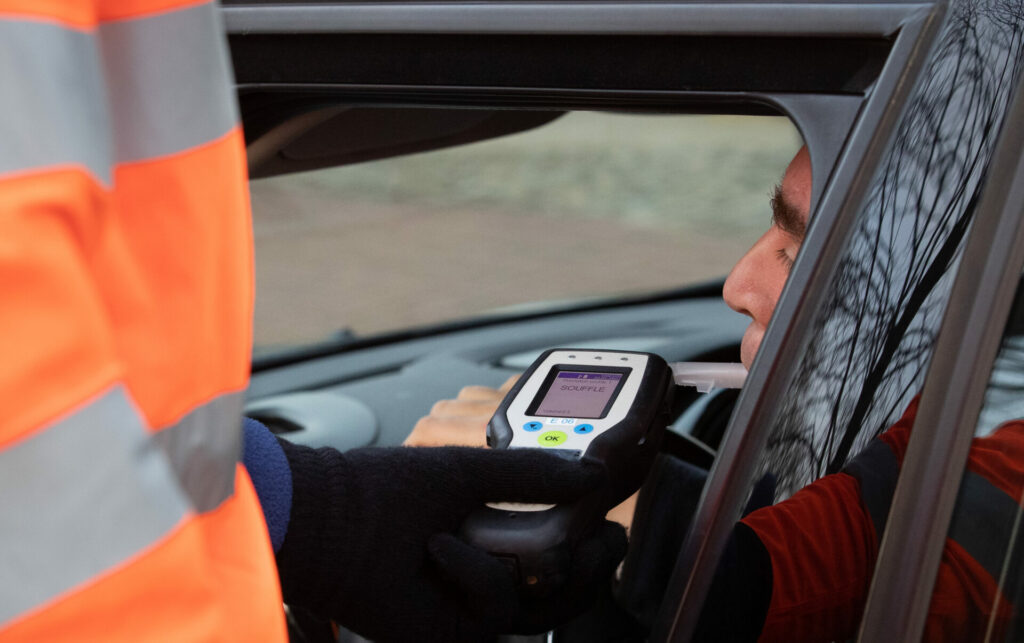A Bruges resident who, after being caught driving under the influence several times, told the police that he has a condition in which his body produces its own alcohol, has been acquitted of drink-driving.
The 40-year-old was twice apprehended for driving under the influence of alcohol in April and May 2022, after driving into lamp posts. He recorded alcohol measurements of 2.09 – four times the Belgian limit – and 1.63 milligrams respectively. He was also convicted of driving under the influence in 2019. In all three cases, he was confused every time and insisted he had not been drinking.
He saw his GP and specialists, he argued that he suffered from the so-called "Auto-Brewery Syndrome" (ABS), a rare medical condition which causes the person’s body to convert carbohydrates and certain sugars into alcohol through fermentation in the intestines, even if no alcohol is consumed. This alcohol also shows up on breathalyser tests.
Despite initial scepticism from authorities and experts, the diagnosis led the court to commission a forensic physician for further investigation, of which the findings suggested he did in fact suffer from ABS. The defence pushed for acquittal, which was granted during the hearing on Monday 22 April. During the hearing, it was acknowledged that the defendant showed no symptoms of drunkenness and remained capable of driving.
Exceptional case
The accused is now following a low-carbohydrate diet to control his body’s alcohol production, but the public prosecution service still argued for a lifetime ban on driving for the accused as an unintentional yet potentially dangerous situation could arise.
The judge did not agree with this request, but a caveat was however included in the verdict stating the defendant must continue modifying his diet to prevent unintentional driving under the influence. He added that, because the man is now aware of his condition, he will receive a punishment if he is caught under the influence again.
Toxicologist Jan Tytgat told VRT NWS that the case is "exceptional". "We have been doing tests for police courts here for 30 years and I have never seen a case like this."

